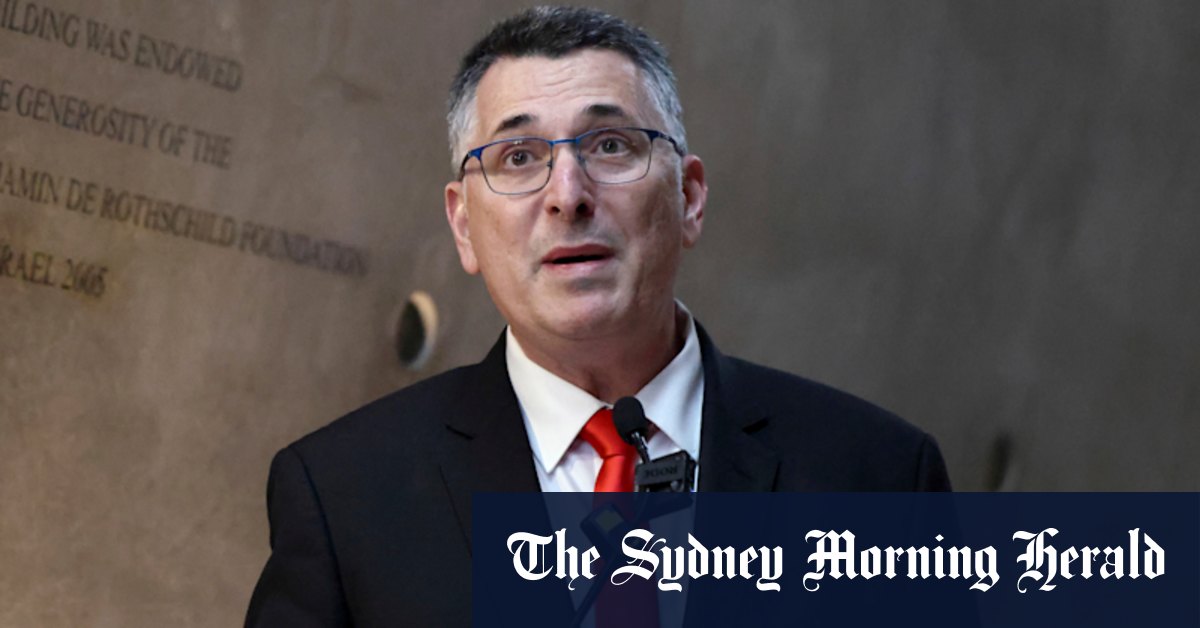
Australia’s Recognition of Palestine Leads to Israeli Retaliation
The diplomatic landscape between Australia and Israel has shifted dramatically after the Albanese government announced its recognition of a Palestinian state. This significant foreign policy decision has incited swift action from Israel, including the revocation of visas for Australian diplomats stationed in the Palestinian territories. The fallout has spotlighted rising tensions in an already complex geopolitical situation.
Key Developments in the Diplomatic Rift
Earlier this week, Israeli Foreign Minister Gideon Sa’ar announced the cancellation of visas for Australian representatives in the Palestinian Authority. This move directly retaliates against Australia’s recognition of Palestinian statehood, which was officially declared on August 11. Australia’s acknowledgment of Palestine has stirred international reactions, with Israeli Prime Minister Benjamin Netanyahu labeling it a “shameful” decision.
This decision escalates a series of diplomatic tensions between the two nations. Recently, Australian authorities have denied visas to two prominent Israeli politicians, Simcha Rothman and Ayelet Shaked. Both figures are associated with the far-right political spectrum, and their visa rejections were based on concerns about inciting division and public unrest. According to Sa’ar, Australia’s choices have fueled “false accusations” and contributed to anti-Semitic sentiments.
Challenges for Diplomacy in the Region
Australian diplomat Bethany Randell, who serves as the Australian Representative to the Palestinian Authority in the West Bank, faces significant challenges following these developments. The revocation of her visa restricts communication and diplomatic engagement with the Palestinian leadership, particularly President Mahmoud Abbas.
The Albanese government’s recognition of Palestine was rooted in deliberations with Abbas, including a commitment to peaceful solutions such as recognizing Israel’s right to exist and holding democratic elections. However, the fallout from this decision has created hurdles in maintaining open lines of communication and mutual cooperation in the region.
Broader Implications
This diplomatic rift comes amidst a backdrop of rising tensions globally. The Albanese government has also imposed financial sanctions and travel bans on other prominent Israeli ministers, including Itamar Ben-Gvir and Bezalel Smotrich. These measures align with Australia’s firm stance against extremist violence and divisive rhetoric.
Meanwhile, in Israel, voices like Rothman’s continue to advocate for controversial solutions regarding Gaza, further polarizing opinions internationally. His comments to the BBC about relocation for Gaza refugees exemplify the stark divisions at play in ongoing Middle East debates.
What’s Next?
As the diplomatic tug-of-war between Australia and Israel continues, global attention remains focused on the broader Middle East peace efforts. For individuals interested in staying updated on these developments, consider subscribing to the What in the World newsletter for weekly insights on global affairs.
Highlight Your Wellness Amidst Global News
While global events can feel overwhelming, self-care remains essential. Consider investing in stress management tools like Drunk Elephant’s Lala Retro Whipped Cream, a luxurious moisturizer designed to revitalize the skin. Available on Sephora, it’s a small way to focus on personal wellness during challenging times.



